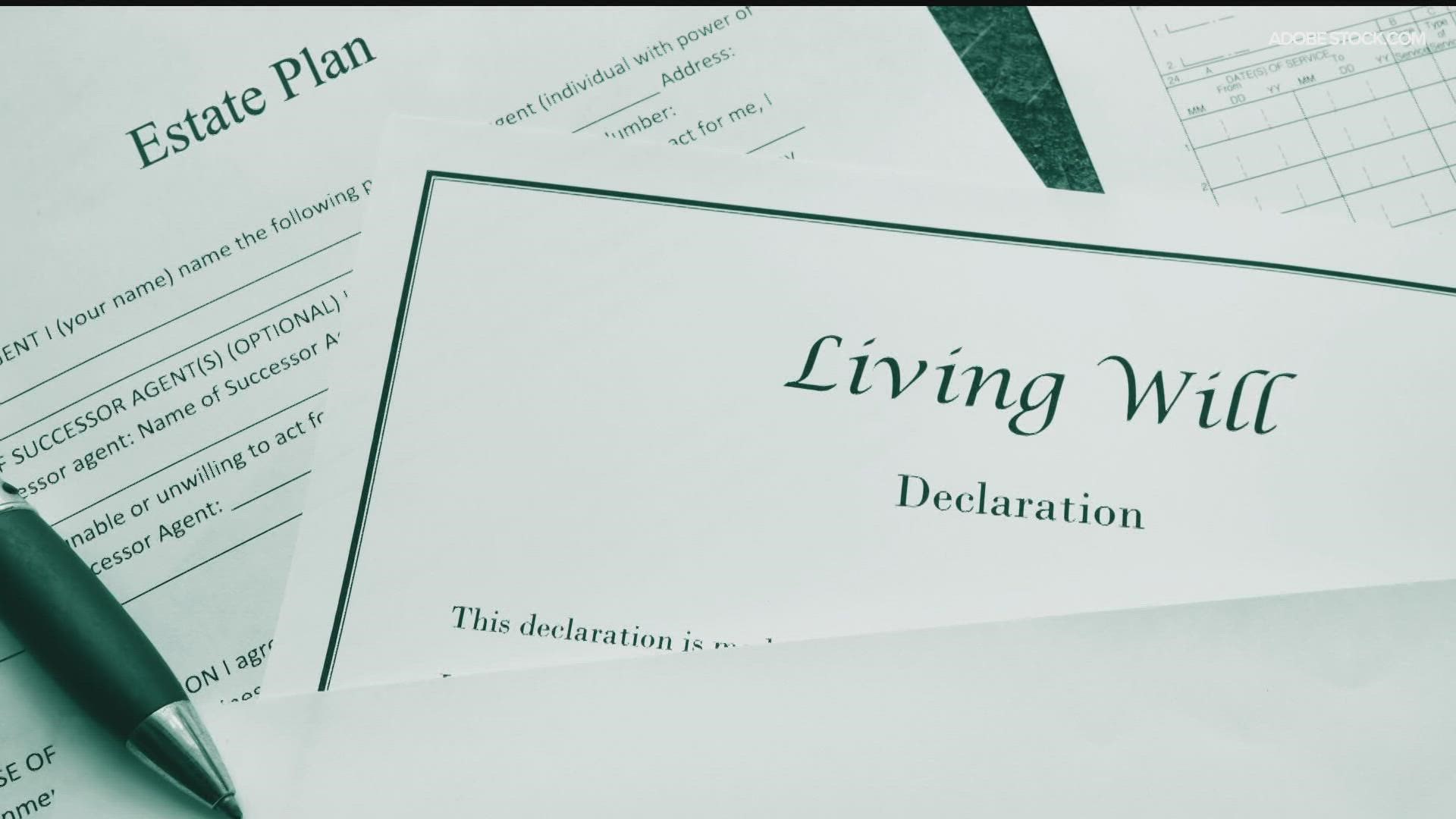MINNEAPOLIS, Minnesota — Some things are inevitable – death and taxes, for instance.
That's why there's a push each October to get more people involved in estate planning.
There's a lot more to it than just writing a will.
The first thing you need to know is don't put it off – an estate plan isn't just for the old or the rich.
It's about ensuring your assets go to the right people and not leaving your loved ones in legal and financial disaster.
We spoke with local attorney Philip J. Ruce from Stone Arch Law to break down the four things you need to know.
"We want to focus on, 'Do we like the default rules, or are we trying to replace those?' Do we care about this probate process? Do we care enough about the feelings of our family to make sure that this is solid enough that they'll absolutely understand it? And then also, do we have any big tax worries?" said Ruce.
Minnesota laws are different from other states, so it's recommended that you get a professional to help you out. That decision could also help you avoid some unnecessary hurt down the line regarding the distribution of assets.
"We like to say that these things work better in the light of day. So, if you can communicate why you're doing something, that goes a long way. Otherwise, we know that money isn't love, but it can feel that way when there's no explanation," said Ruce.
There's much more to get into, including avoiding unnecessary taxes and maximizing the gifts you leave behind. Here are some points Stone Arch Law made:
- Estate taxes on the federal and state level can quickly add up, making that well-intended inheritance a financial burden for your loved ones
- In Minnesota, you must pay a 15% estate tax if your estate is over $3 million. It may sound high, but that amount is easily attainable when you consider your entire estate, which includes your home, property, vehicles, investments, life insurance policies, and retirement accounts
- On top of that, your beneficiaries have to pay income tax if they inherit any pre-tax dollars, like money from an IRA. That extra income could easily bump a beneficiary into a higher tax bracket, causing a financial nightmare for your loved ones
- Creating an estate plan with tax-efficient tools and strategies to minimize unnecessary taxes and maximize the gifts you leave behind
Learn how to start and personalize your Estate Plan stonearchlaw.com.
You can watch the full interview with Philip J. Ruce below:
Watch more local news:
Watch the latest local news from the Twin Cities in our YouTube playlist:

